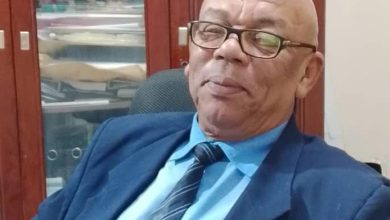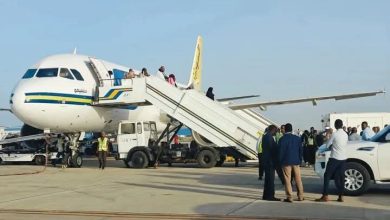Economic
Banking Expert Warns Against Selling State Assets
Sudan Events – Rehab Abdullah
Banking expert Walid Daleel warned that Sudan’s total debt had reached at least $50 billion by the end of 2019, according to the IMF. Sudan has been working with its creditors to settle its debts, but due to the country’s isolation from the global system for decades, around 85% of the debt consists of arrears—unpaid interest and penalties.
He explained that in 1996, the World Bank and IMF launched the Heavily Indebted Poor Countries (HIPC) initiative to relieve eligible countries from unsustainable external debt, which contributes to slow economic growth and persistent poverty. Sudan is nearing a critical stage in settling nearly $50 billion in foreign debt, provided it meets the HIPC initiative’s stringent reform criteria.
Daleel cautioned that the economic cost will rise significantly if the war continues. He noted that Finance Minister Gibril Ibrahim has said state revenues have fallen by about 80%, leading to the largest contraction in Sudan’s economic history, shrinking by approximately 40%, with severe damage across all sectors.
He also warned against selling state assets as a means to address the foreign exchange crisis. He acknowledged that while external loans are a quick solution, the IMF and other international institutions—representing global capitalist dominance through the U.S. and Europe—have become harder to access, especially given the global economic crises resulting from COVID-19, the Ukraine war, and energy and inflation problems.
Daleel mentioned the Gulf deposits from Saudi Arabia, the UAE, and Qatar as a potential solution to Sudan’s debt crisis but pointed out that Gulf countries now prefer to acquire sovereign assets in return for their deposits and loans. He warned that selling state assets, such as ports, while seemingly a quick solution to the dollar gap, could compromise Sudan’s sovereignty and security.
He concluded that solving the economic crisis requires political reform and national reconciliation, as this would restore foreign investments and encourage the return of Sudanese funds from abroad. Only then would citizens be more willing to accept tough economic measures.



